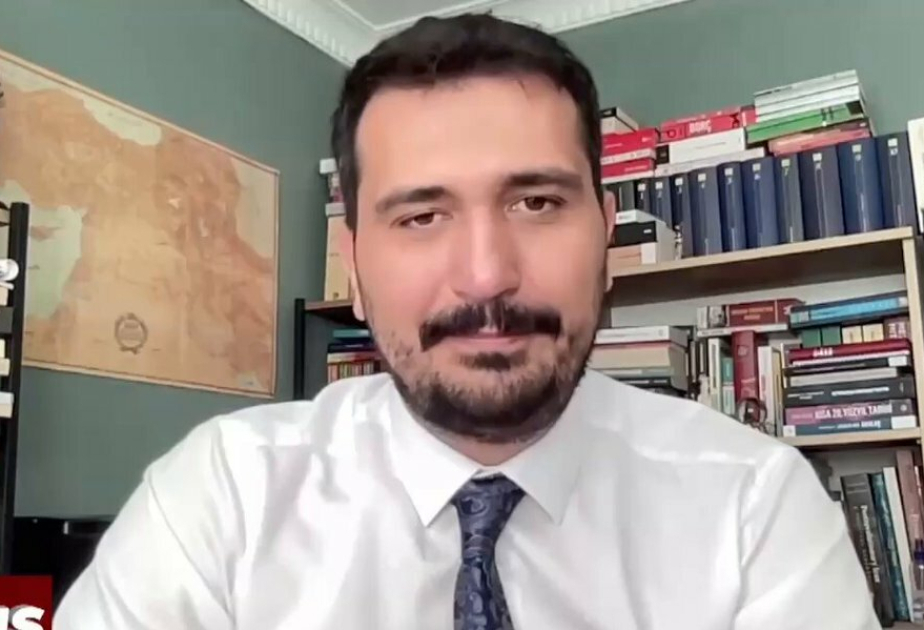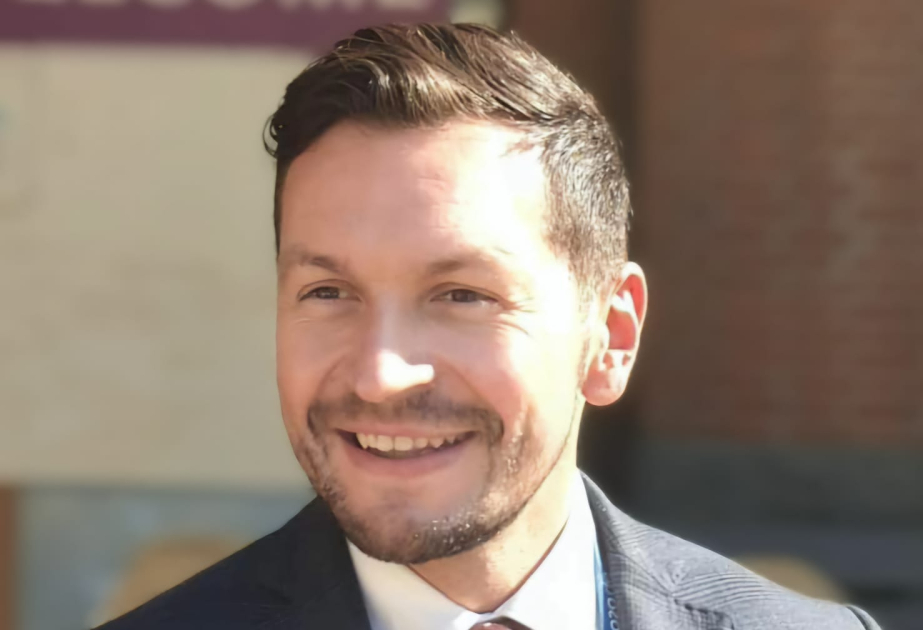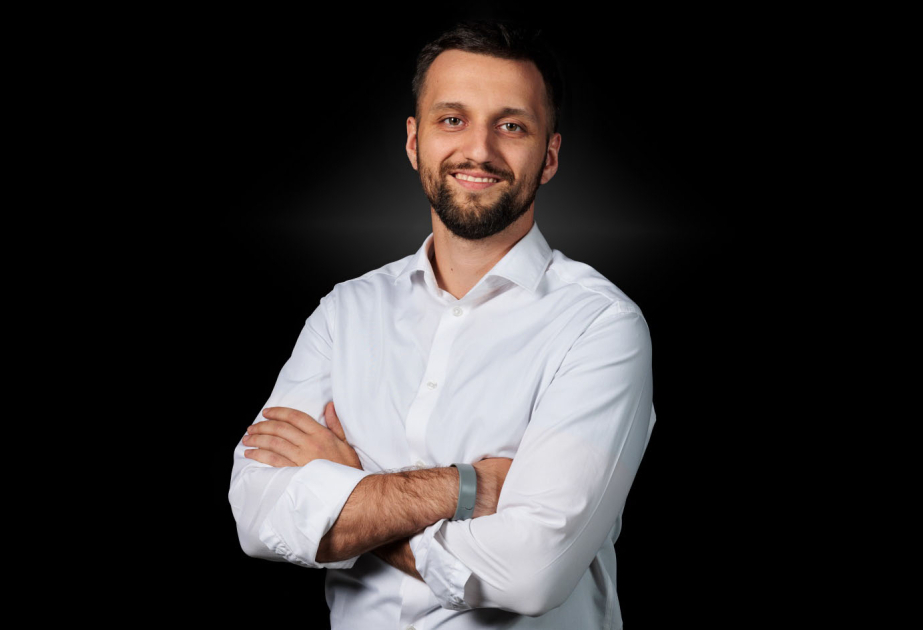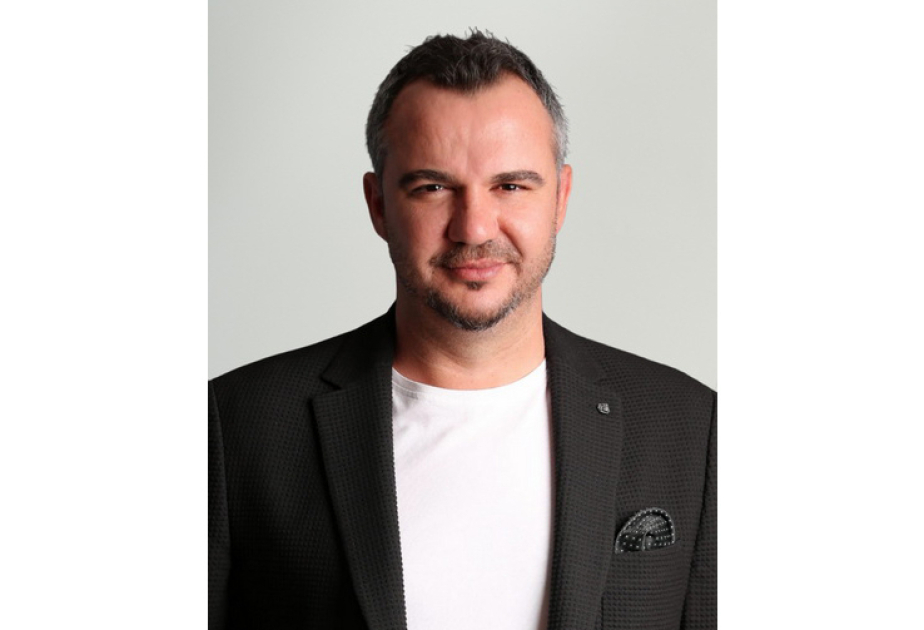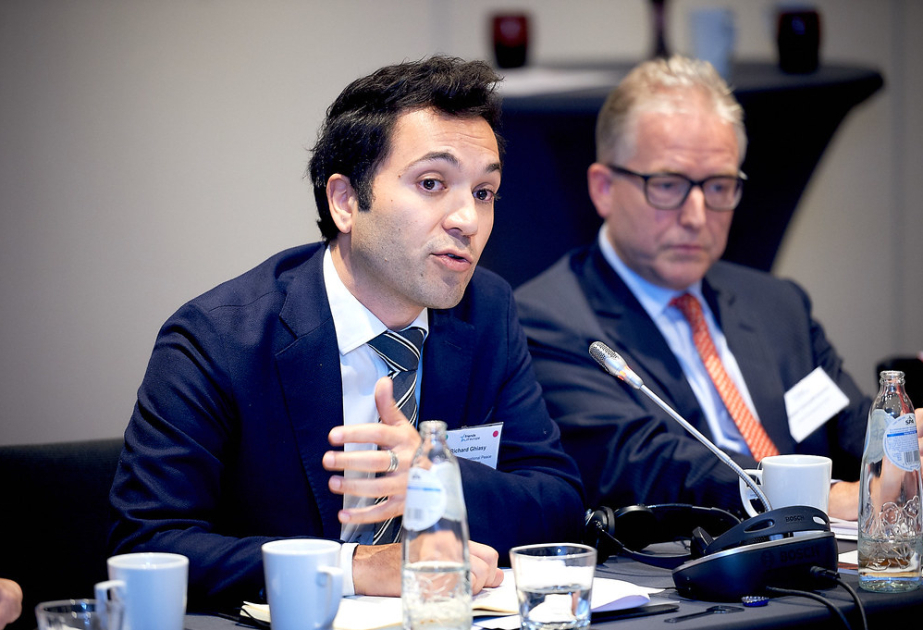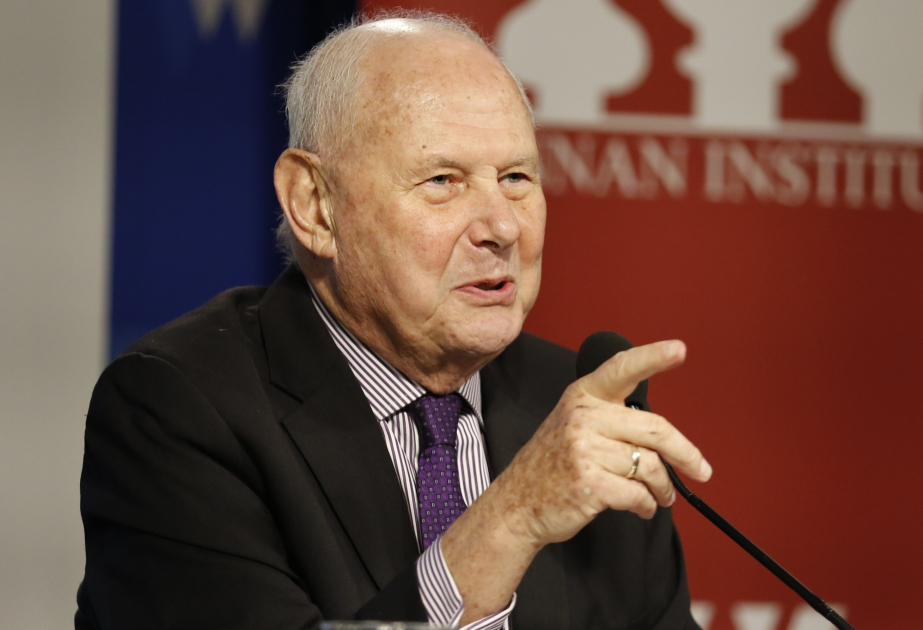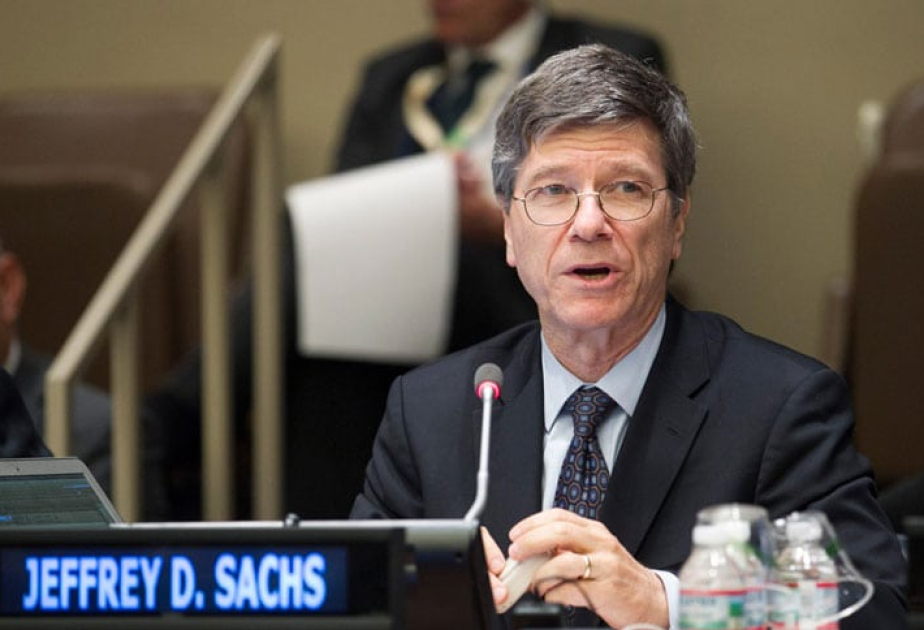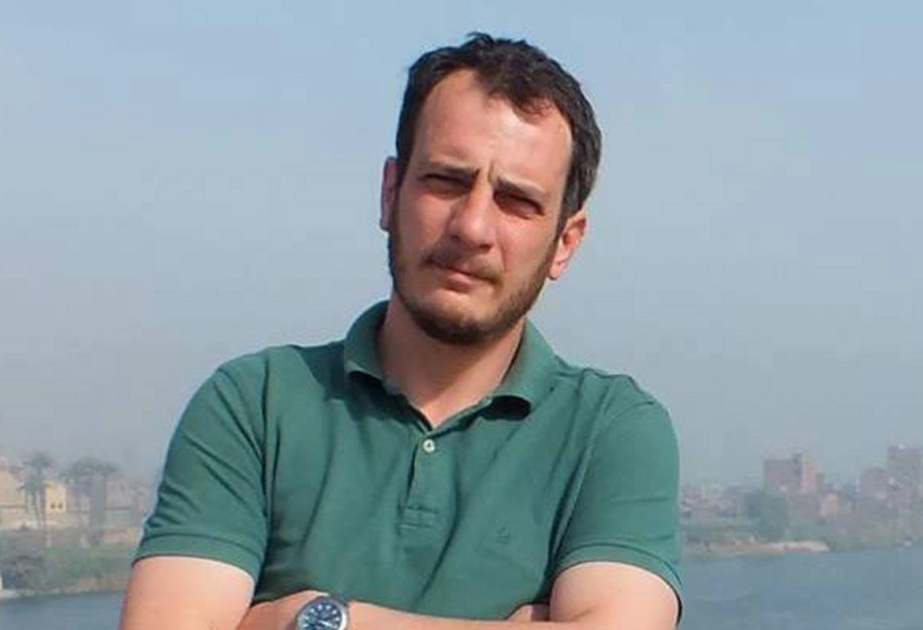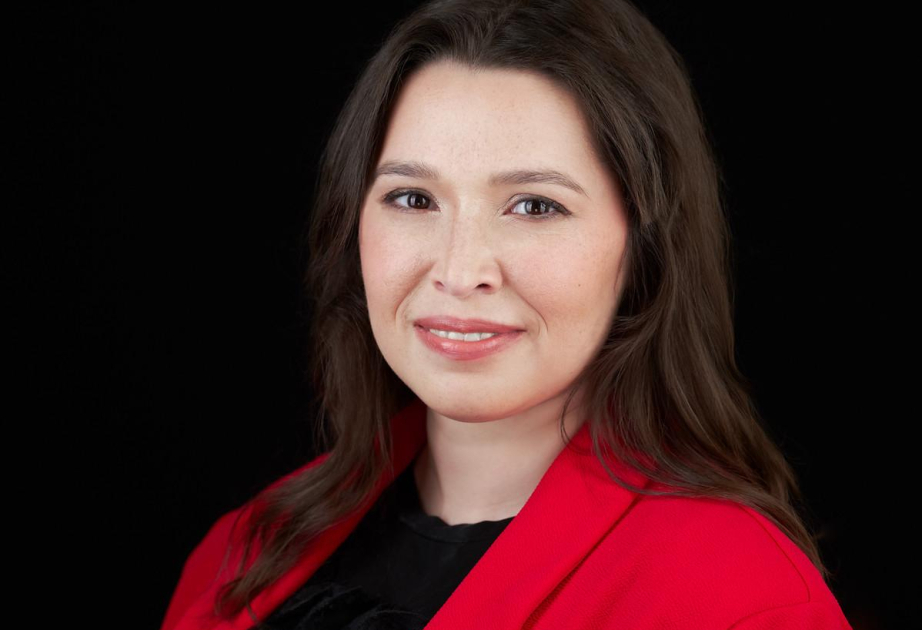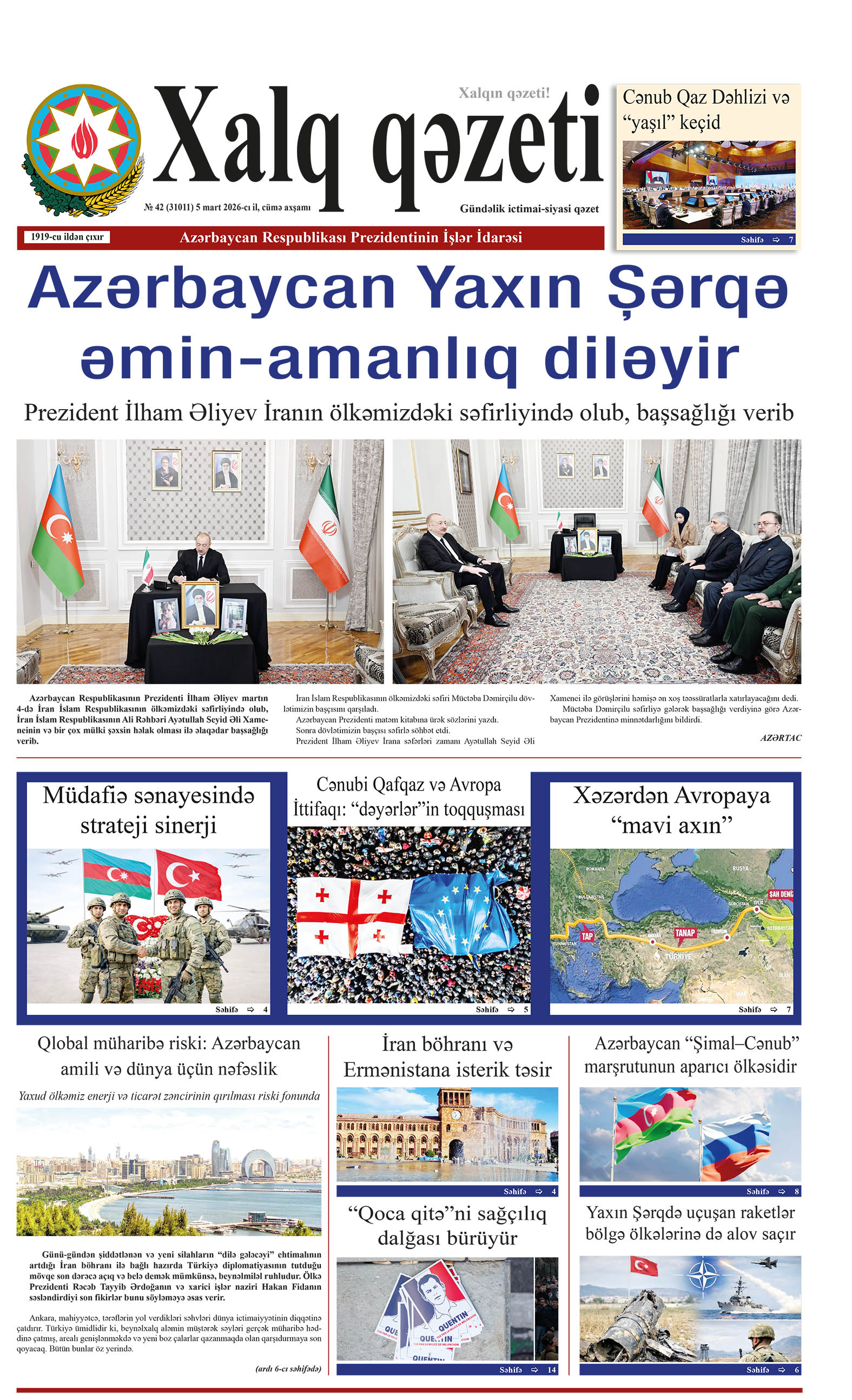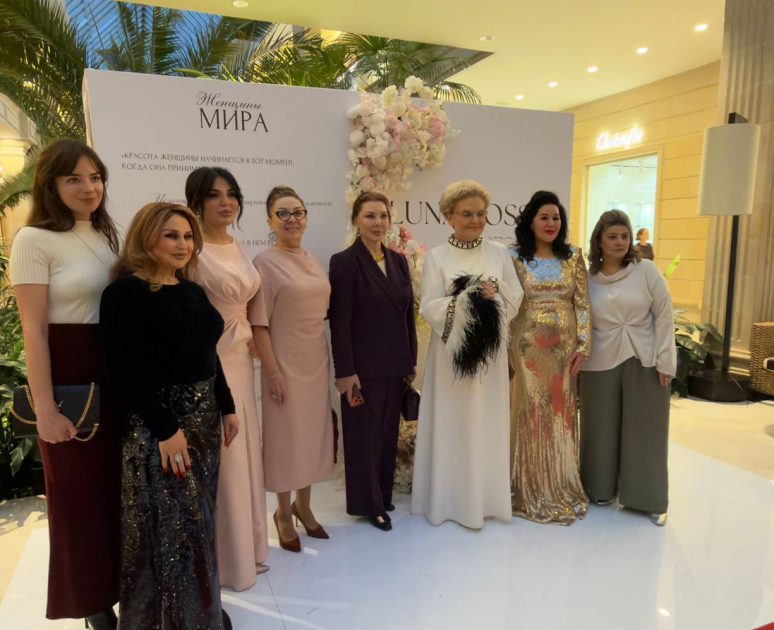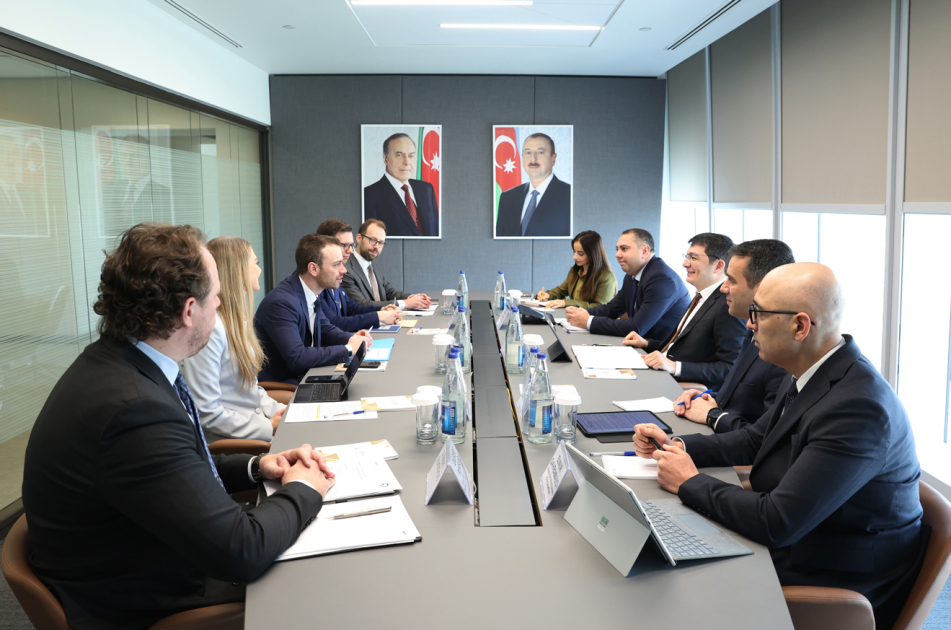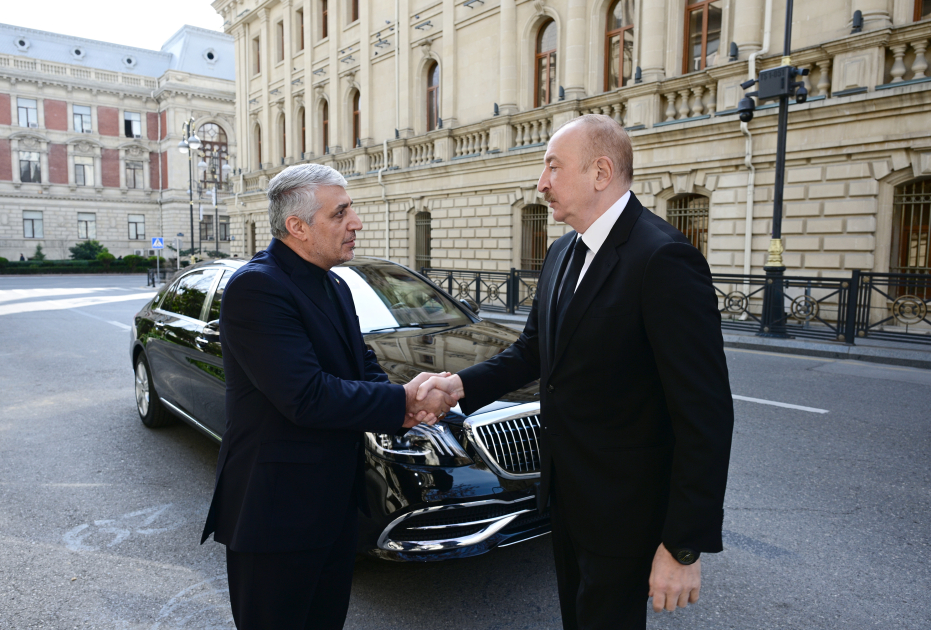The October 2025 summit of the Organization of Turkic States (OTS) in Gabala, Azerbaijan, has become a landmark event not only for the participating countries but for all of Eurasia. Under the slogan "Regional Peace and Security," the OTS is taking a decisive step from being a cultural community to forming an independent regional force—with its own initiatives in security, economics, cyber defense, and infrastructure integration. Today, the OTS is increasingly viewed as an independent strategic actor capable of influencing the formation of a new regional security architecture, economic interaction, and political coordination. Against a backdrop of growing instability in the global system of international relations, escalating conflicts, and geopolitical rivalry, the states of the Turkic world are demonstrating a desire for an independent voice, synchronized actions, and strengthened institutional self-sufficiency.
AZERTAC presents an interview with Turkish international relations expert and senior fellow at the Center for Iranian Studies (IRAM) Oral Toga.
-How do you assess the significance of the OTS summit taking place in Gabala? What are the key objectives facing the participants? What is the role of the OTS in shaping a new architecture for regional security and cooperation?
-The Gabala summit marks an important evolution of the OTS from a cultural platform toward a strategic security actor. The theme "Regional Peace and Security" is no coincidence - the Turkic world is now building its own security architecture. The proposal for joint military exercises in Azerbaijan in 2026 signals the emergence of an independent security cooperation channel within the Turkic world, complementing rather than competing with NATO and CSTO frameworks. For OTS members, particularly Türkiye and Azerbaijan, this expands strategic maneuvering space while maintaining its Western alliance and creating an authentic platform in Eurasia.
The proposals for a Cybersecurity Council and OTS+ format that emerged at the summit demonstrate that the organization is evolving into a structure producing concrete security solutions, not just symbolic gestures. Amid the Ukraine crisis and Middle East instability, the Turkic states are asserting their will to establish their own regional order. This new architecture represents a balanced, authentic Eurasian vision against great power hegemony.
-How does the Gabala summit reflect Azerbaijan's growing influence in the region and within the OTS? What are your expectations for the development of bilateral and multilateral relations that will be initiated or strengthened at the Gabala summit?
-Azerbaijan's assumption of the OTS chairmanship demonstrates that it is reaping the diplomatic fruits of its 2020 military victory. Baku is now not just an energy supplier but the new power center of the Caucasus. It exports natural gas to more than ten countries, serves as a key link in the Middle Corridor, and reached an initial agreement on a draft peace framework with Armenia in Washington. President Ilham Aliyev's $2 million contribution and his proposal to commemorate the 100th anniversary of the 1926 Baku Turkological Congress underline this leadership claim.
This is highly strategic for Türkiye. A strong Azerbaijan naturally increases Ankara's influence in the Caucasus and Central Asia. The opening of the Zangezur Corridor is a game-changer - an uninterrupted land connection between Türkiye and Central Asia will not only multiply trade volumes but also provide physical grounds for political and military cooperation. The Turkish-Azerbaijani strategic partnership, now with over 25 joint exercises, is transforming from a bilateral relationship into a regional force multiplier.
-In light of current global challenges, what role can the OTS play in balancing the interests of major international players?
-The OTS's most important advantage is its authentic position independent of any major power. Türkiye is a NATO member, Kazakhstan and Kyrgyzstan are in CSTO, Azerbaijan is independent, Uzbekistan is a balancer - this diversity keeps the organization outside ideological bloc politics. We are neither completely with nor against any side in the Washington-Moscow-Beijing triangle. This provides significant flexibility in today's multipolar world.
For Türkiye's multidimensional foreign policy, the OTS is an excellent instrument. When tensions arise with the West, we can play the Eurasia card; when problems emerge with Russia, we have NATO membership; when China's weight increases, we can activate Turkic world solidarity. The Middle Corridor is the concrete expression of this balancing strategy - not an alternative to China's Belt and Road but a route that prevents it from being the only option. Having multiple options in energy, logistics, and security means independence.
-What are the prospects for expanding the OTS and attracting new members and partners?
- A cautious but determined approach is needed regarding OTS expansion. Hungary's observer status is valuable as a window to Europe - finding supporters from within the EU increases the organization's legitimacy. Turkmenistan's transition to full membership would fully integrate the Caspian basin. However, the real strategic potential lies in the OTS+ format: dialogue partnerships with countries like Tajikistan, Mongolia, and Afghanistan expand cooperation areas without the burden of full membership.
The organization's priority should be to focus on quality rather than quantity. Each new member slows decision-making mechanisms and brings different strategic priorities to the table. Deepening economic integration among the current five members, developing common defense doctrines, and taking steps toward customs union is more valuable than an inflated but ineffective structure. We should learn from the EU's early expansion mistakes - strengthen the core first, then expand.
-Which key economic and infrastructure projects supported by the OTS do you consider most promising?
-The Middle Corridor is undoubtedly the most critical project. The 90% cargo increase since 2022 is just the beginning - capacity will multiply with the opening of Zangezur. This is not just economics, it's geopolitics - a route that breaks dependence on Russia, offers an alternative to China, and makes Türkiye an indispensable link in Europe-Asia trade. The Alat Port, Baku-Tbilisi-Kars railway, Kazakhstan's Aktau and Kuryk ports - all are parts of an interconnected system.
The green energy corridor is more revolutionary in the long term. The plan to transmit Central Asia's solar and wind potential through undersea cables across the Black Sea—from Azerbaijan via Georgia to Romania and Hungary—represents a concrete step toward green energy integration, while Caspian-crossing connections remain a long-term vision. Türkiye benefits both as an energy transit hub and as a consumer of this clean energy. The Turkic Investment Fund, established with an initial capital of $600 million, is already operational. To date, over $20 billion has been invested across OTS member states' economies, with Türkiye among the key recipients. The real potential lies in developing joint financing models for member countries' major infrastructure projects through the Fund and bilateral investment partnerships.
-What strategic objectives does the OTS face in the next 5-10 years?
-The critical goal for the next decade is to strengthen the OTS's institutional mechanisms and operational capacity. The 2026 military exercises should be the beginning - if they become regular, interoperability among Turkic world armies will be achieved, common doctrines will develop, and standardization in weapons systems will begin. The Cybersecurity Council is urgent because digital threats know no borders - intelligence sharing and common defense systems are vital.
On the economic front, evolving toward a customs union is essential. Trade volume among member states is still far below potential - common digital signature systems, free trade zones, and investment guarantees are needed. The Turkic world common market has a 160 million population, but this potential remains untapped. In cultural integration, the acceptance of the 34-letter common Turkic alphabet is historic - now it's time to integrate it into education systems. For the 2040 Vision to materialize, concrete milestones and accountability mechanisms are essential.
-How do you see Türkiye's role in developing and promoting amalgamated territorial communities' initiatives internationally?
-Türkiye's role within the OTS goes far beyond being a geographic bridge - it provides ideological, institutional, and operational leadership. The General Secretariat in Istanbul is no coincidence; Türkiye's diplomatic experience, institutional knowledge gained through the EU negotiation process, and security expertise from NATO membership form the backbone of OTS's professionalization. Turkish foreign policy's multidimensionality - the ability to work with both West and East - adds a flexibility that other members don't possess.
Türkiye's role is key in the international recognition of regional communities. Northern Cyprus's observer status in the OTS is part of Ankara's long-term strategy - creating alternative recognition paths through the Turkic world. This model serves as a precedent for regions facing similar status issues. Türkiye's soft power - from TV series to contracting, from UAV technology to humanitarian aid - increases the OTS's global appeal. However, leadership should not become domination: giving space to other members' initiatives serves Türkiye's long-term interests better. Azerbaijan and Kazakhstan's growing roles are signs of the organization's healthy pluralism.


